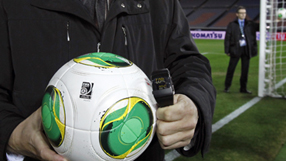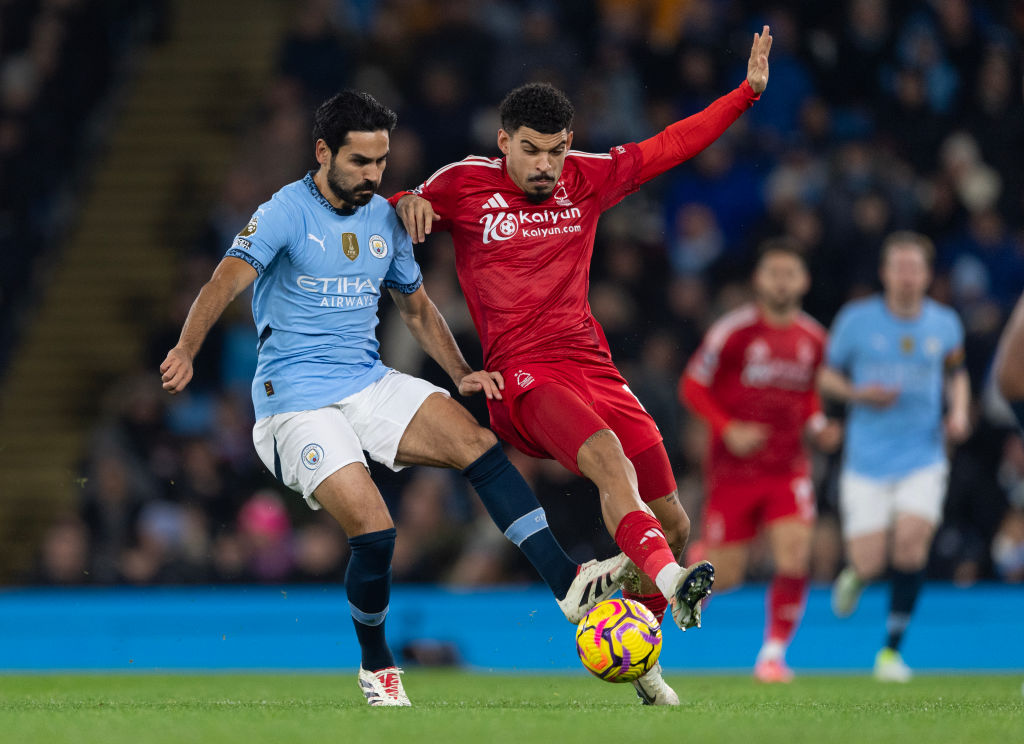FIFA set to display goal decisions in stadiums
Fans in stadiums and watching on TV should see all decisions based on goal-line technology, FIFA president Sepp Blatter said on Friday before this weekend's meeting of football's lawmaking body.

FIFA, which approved the use of technology to see if a ball has crossed the goal-line last year following a number of controversial incidents, said earlier that a fourth system has been granted a licence.
"It must not be a secret," Blatter told reporters.
"Now we have the technology and it shows if it's a goal or not a goal we have to be transparent, or else there is no reason to do it.
"It is something we need in football. I don't want to go back into the history of it... but now we have four systems and not to use it would be foolish."
FIFA originally considered not showing goal-line technology decisions but in a document prepared for the International Football Association Board (IFAB) meeting, FIFA has reversed its previous fears that referees could be undermined if footage was broadcast.
Alex Horne, the general secretary of the English FA, welcomed the fact fans would be able to see the incidents on TV but was more wary about images being put on stadium big screens.
"The broadcasters need to have that accessibility and to show the goal-line incident which is at the heart of the integrity of the decision that has to be made," he said.
Get FourFourTwo Newsletter
The best features, fun and footballing quizzes, straight to your inbox every week.
"Whether you show it in the stadiums or not is a decision not yet been made because for me, that falls in the 'controversial decision' element.
"There might be a very good reason to show it but we don't show controversial incidents in Premier League matches on the big screens, and some decisions may fall into that category."
Horne also said the goal-line technology infrastructure would be in place at Wembley Stadium this year and the first English match to use it would be the Community Shield season-curtain raiser in August.
IFAB, which comprises officials from the four British associations as well as four members from world governing body FIFA and is the game's ultimate law-making body, will also consider changes to the offside rule this weekend.
Fans, pundits and teams have called for clarity on when players are "active".
CHANGED MIND
FIFA is proposing that a player should be considered offside when "gaining an advantage by being in that position", including when receiving the ball from a rebound or deflection from the goal frame or when a player in the defending team attempts a tackle, block or save.
However, an attacker should be allowed to play on when receiving a deliberate pass, such as a back-pass, from the defending team.
IFAB will is also considering changing the law's wording on uncontested dropped balls to ensure that a goal cannot be allowed if one team expecting to receive the ball after an uncontested drop ball, following an injury to an opponent for example, has not touched it.
Goal-line technology has been on the agenda at International Board meetings for most of the last decade and in the early years of the debate Blatter was steadfastly against it.
However, he changed his mind when a perfectly good goal scored by Frank Lampard for England against Germany in the World Cup in South Africa in 2010 was not given a
